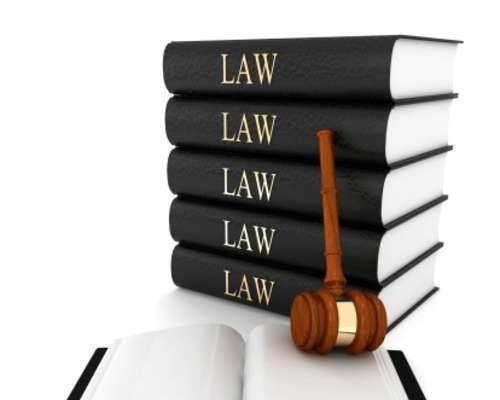The Importance of Property Site Inspection

Property site inspection, in a very general sense, refers to an inspection of a given land property in order to determine its particular qualities and whether those qualities fit certain standards for a particular purpose. In many instances, the term property site inspection is used with reference to a property site inspection to determine if the property is safe or inhabitable.
Such a property site inspection is likely the most serious form of property site inspection, as a land property which is judged as not meeting the requirements of the property site inspection will likely be deemed uninhabitable or unsafe, and will thus not be permitted to house individuals until another property site inspection of the land property is conducted and the issues are found to have been corrected.
A property site inspection of this sort might also be conducted at a construction site, for example, or simply at a renovation site, to ensure that the construction or renovation on the land property is being conducted in accordance with the safety requirements of the area. Similarly, if the property site inspection were to result in a discovery of improper safety standards on the construction of the land property, then no further construction would be permissible unless the safety standards were met in a later property site inspection.
In a less serious sense, a property site inspection might simply refer to an inspection of a given property, firsthand, in order to determine for certain that the property is adequate and appropriate for one’s needs. For example, a group might stage a property site inspection of a given land property in order to determine if it is appropriate for holding a particular meeting or event.










